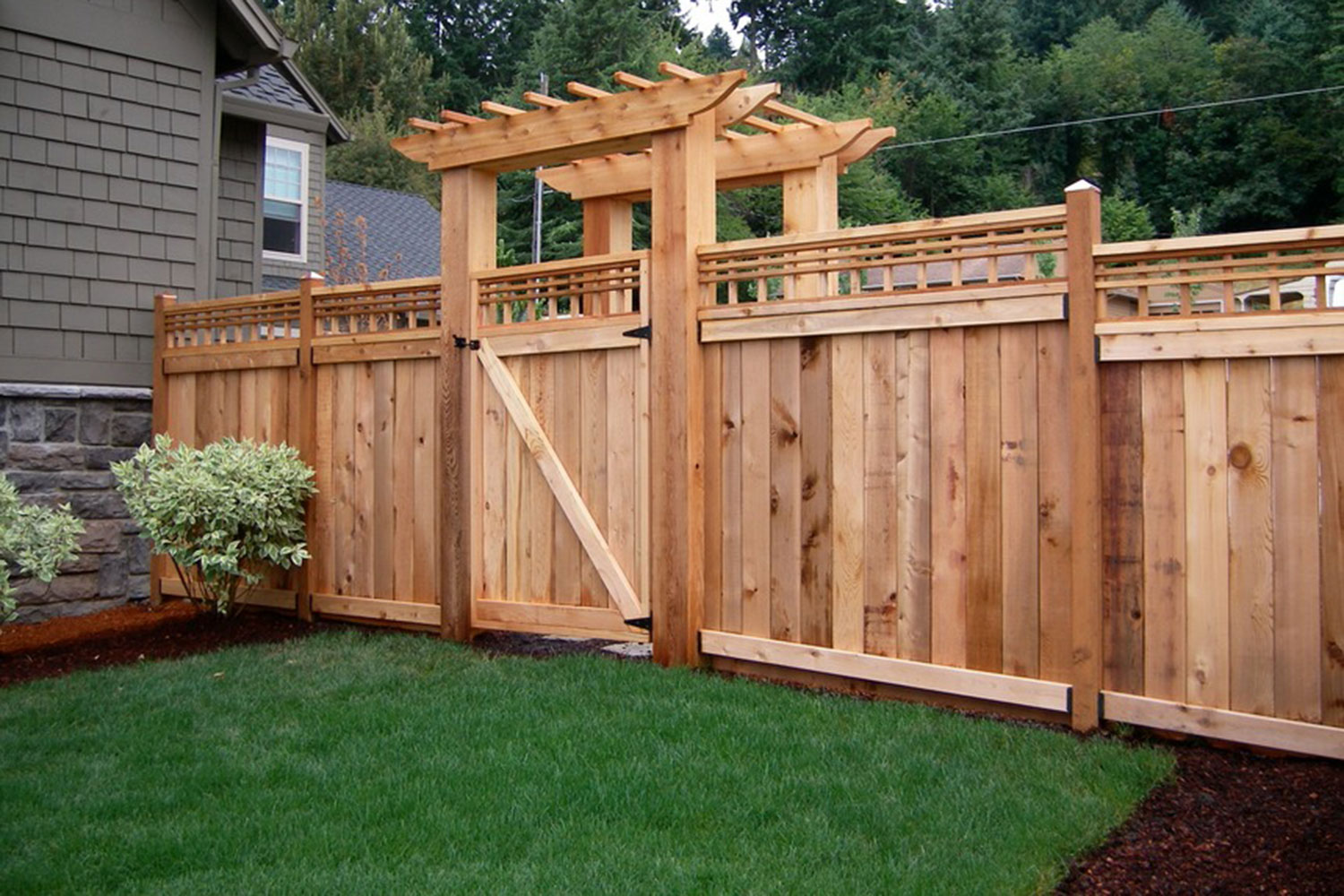
How long do high-quality fencing solutions typically last?

When investing in fencing for your property, longevity is a key consideration. High-quality fencing solutions promise durability and extended service life, but what does this mean? Let’s delve into the factors that influence how long these fences last and what you can do to ensure your investment stands the test of time.
Types of High-Quality Fencing
Wooden Fences
Wooden fences are a classic choice for many homeowners. Their lifespan can vary significantly depending on the type of wood and the quality of the installation.
Common Wood Types and Their Lifespan
- Cedar: Known for its natural resistance to insects and rot, cedar fences can last between 15 to 30 years.
- Pine: Treated pine is also durable, often lasting between 10 to 20 years with proper care.
- Redwood: This premium wood can last up to 25 years or more with regular maintenance.
Vinyl Fences
Vinyl fencing is a popular choice due to its low maintenance requirements and long-lasting nature. These fences can last anywhere from 20 to 30 years, or even longer with proper care. The key to their longevity is the high-quality PVC material used in their construction, which resists the elements and common damage.
Metal Fences
Metal fences, including aluminum and wrought iron, offer unmatched durability and a long lifespan.
Types of Metal Fencing and Their Longevity
- Aluminum: Known for its rust resistance, aluminum fences can last for 30 years or more.
- Wrought Iron: With proper maintenance, wrought iron fences can last a lifetime, often exceeding 50 years.
Factors Influencing Fence Longevity
Quality of Materials
The lifespan of a fence heavily depends on the quality of materials used. High-quality materials, such as premium woods, thick vinyl, and robust metals, naturally offer longer lifespans. Investing in these materials upfront can save you from frequent replacements and repairs down the line.
Installation Quality
Even the best materials can fall short if not installed correctly. Professional installation ensures that the fence is erected properly, with appropriate spacing and depth for posts. This helps prevent common issues like warping, leaning, and premature wear.
Climate and Environmental Conditions
The environment plays a crucial role in determining how long your fence will last. For example, areas with high humidity can accelerate wood rot, while regions with heavy snowfall may put extra strain on metal fences. Understanding your local climate and choosing a fence that can withstand those conditions is essential.
Maintenance Practices
Regular maintenance is vital for extending the life of your fence. This includes routine inspections, cleaning, and timely repairs. Each type of fencing has specific maintenance needs:
Wooden Fences
- Sealing and Staining: Apply sealant or stain every few years to protect against moisture and UV damage.
- Repairs: Replace damaged boards promptly to prevent further deterioration.
Vinyl Fences
- Cleaning: Wash with mild soap and water to remove dirt and prevent staining.
- Inspections: Check for cracks or damage regularly and repair as needed.
Metal Fences
- Rust Prevention: Apply a rust inhibitor to iron fences and check for any signs of rust or corrosion.
- Repainting: Repaint as needed to maintain a protective coating against the elements.
Expected Lifespan of High-Quality Fencing Solutions
Wooden Fences
With proper maintenance and high-quality wood, you can expect a wooden fence to last between 15 to 30 years. The specific lifespan will depend on the type of wood and how well it is cared for.
Vinyl Fences
Vinyl fences generally last 20 to 30 years. Their longevity is due to the durability of the PVC material, which resists weathering and common wear.
Metal Fences
Metal fences, especially aluminum and wrought iron, can last several decades. Aluminum typically lasts 30 years or more, while wrought iron, with diligent care, can last over 50 years.
Tips for Extending the Life of Your Fence
Regular Inspections
Perform regular inspections to identify any issues early. Look for signs of damage, such as cracks, rust, or loose boards, and address them promptly.
Routine Cleaning
Keep your fence clean to prevent the buildup of dirt and debris, which can lead to mold, mildew, and other damage. Use appropriate cleaning methods for your fence material.
Preventative Maintenance
Take preventative measures to protect your fence from the elements. For example, apply sealant to wood, rust inhibitor to metal, and ensure vinyl fences are free from cracks.
Professional Help
Consider hiring professionals for maintenance and repairs. Their expertise can help address issues more effectively and prolong the life of your fence.
Conclusion
Investing in high-quality fencing solutions is a wise decision for long-term durability and aesthetic appeal. By understanding the different types of fences, the factors influencing their longevity, and the best practices for maintenance, you can ensure that your fence stands strong for years to come. Remember, the key to a long-lasting fence lies in quality materials, professional installation, and diligent maintenance. With these elements in place, your high-quality fence will provide security and beauty for decades.
Related Courses and Certification
Also Online IT Certification Courses & Online Technical Certificate Programs
SIIT is on a mission to make technology education and professional training more accessible, so more people can show off their talents and take their tech careers to the next level. All courses are tailored to meet individual specific career needs, leading to Tech Skills Acquisition and Professional Certification.
Student Login
Login & Study At Your Pace
500+ Relevant Tech Courses
700,000+ Enrolled Students
Jobs Vacancy
The Jobs portal provides you with real time Jobs Opening and Vacancy Updates curated globally. Start applying for your dream job with ease in any location you choose.
Learn More >>

